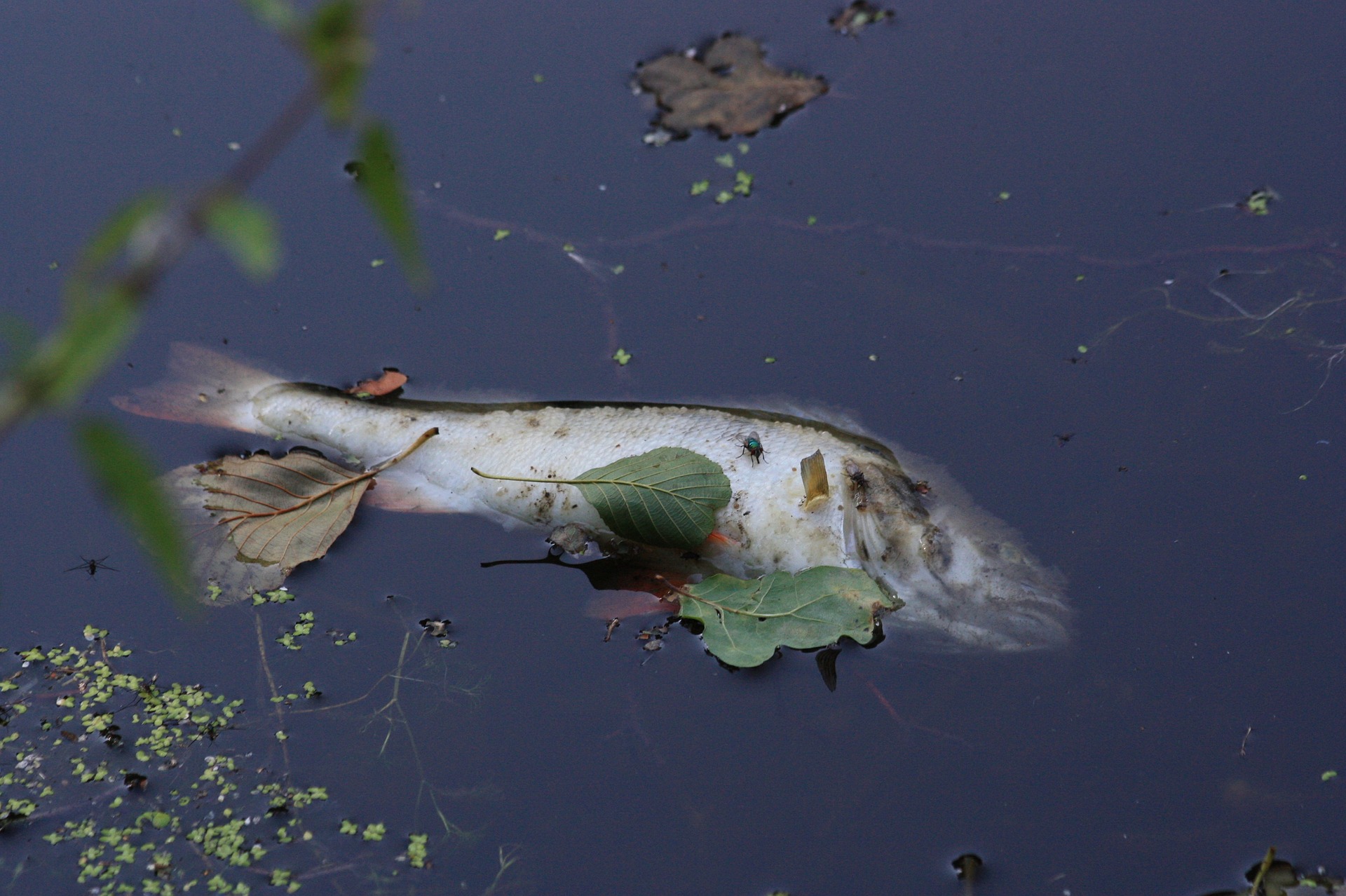Media release
Academy expert panel responds to Government report on fish deaths
The Independent Assessment of fish deaths in the lower Darling final report released by Minister David Littleproud today is a welcome contribution to the growing evidence base to help inform action to improve the health of Australia’s rivers.
ANU Professor Craig Moritz FAA, who chaired the multidisciplinary panel of experts convened by the Australian Academy of Science, said although the scope and expertise of the Government and Academy expert panels differ in parts, there is strong consensus across both reports.
This includes agreement on:
- The immediate causes of the fish kills, with severe drought and extreme temperatures as major contributors, and the latter being attributable to ongoing climate change;
- The strong likelihood that increased upstream diversions have contributed to deteriorating flow regimes in the Darling River;
- The need for improved measurement of all diversions, monitoring of river conditions, and modeling of the system as a whole for management and policy needs, the last including better modeling of the effects of climate change on the Northern Basin;
- The need for Water Resource Plans now under development by NSW and QLD to:
- fully consider downstream flow requirements; and
- implement active management to ensure that low flows are maintained and that environmental flows are protected and effective.
- The opportunity to rethink how state and federal agencies manage the Menindee Lakes system for improved environmental and social outcomes;
- The need for stronger engagement with local communities in advising on management strategies and participating in their implementation;
- The need to support research that is essential to management actions that will improve understanding of the hydro-ecology of the system, restore and maintain the health of fish populations and enable more effective intervention as critical conditions approach;
- The importance of the Murray Darling Basin Plan as the key instrument for managing water for environmental and social needs.
Professor Craig Moritz said the Academy’s expert panel welcomed recent moves by the Murray Darling Basin Authority to increase engagement with local stakeholders, including Indigenous elders, in river management, and to improve the understanding of climate change impacts on the system.



Expert Reaction
These comments have been collated by the Science Media Centre to provide a variety of expert perspectives on this issue. Feel free to use these quotes in your stories. Views expressed are the personal opinions of the experts named. They do not represent the views of the SMC or any other organisation unless specifically stated.